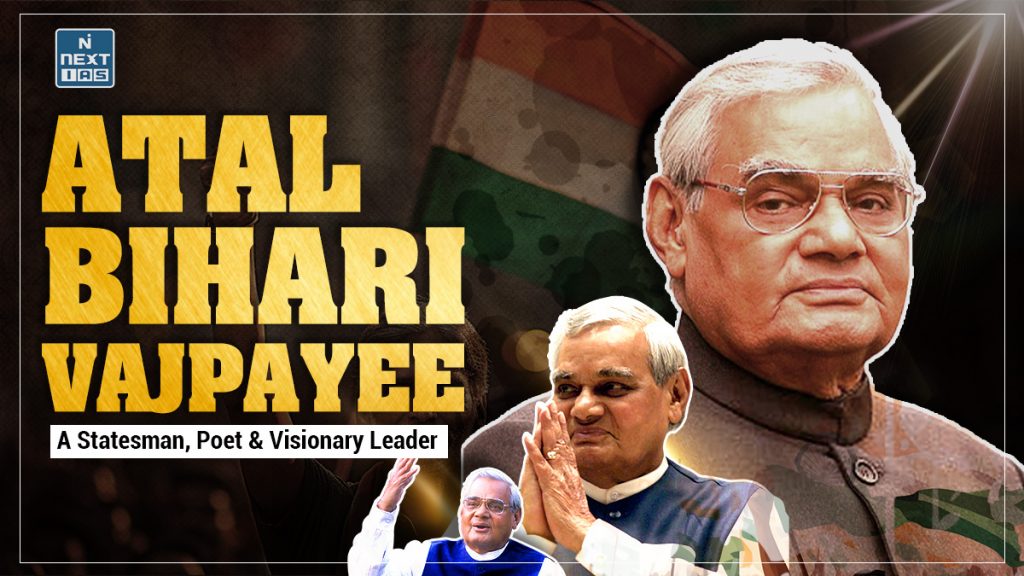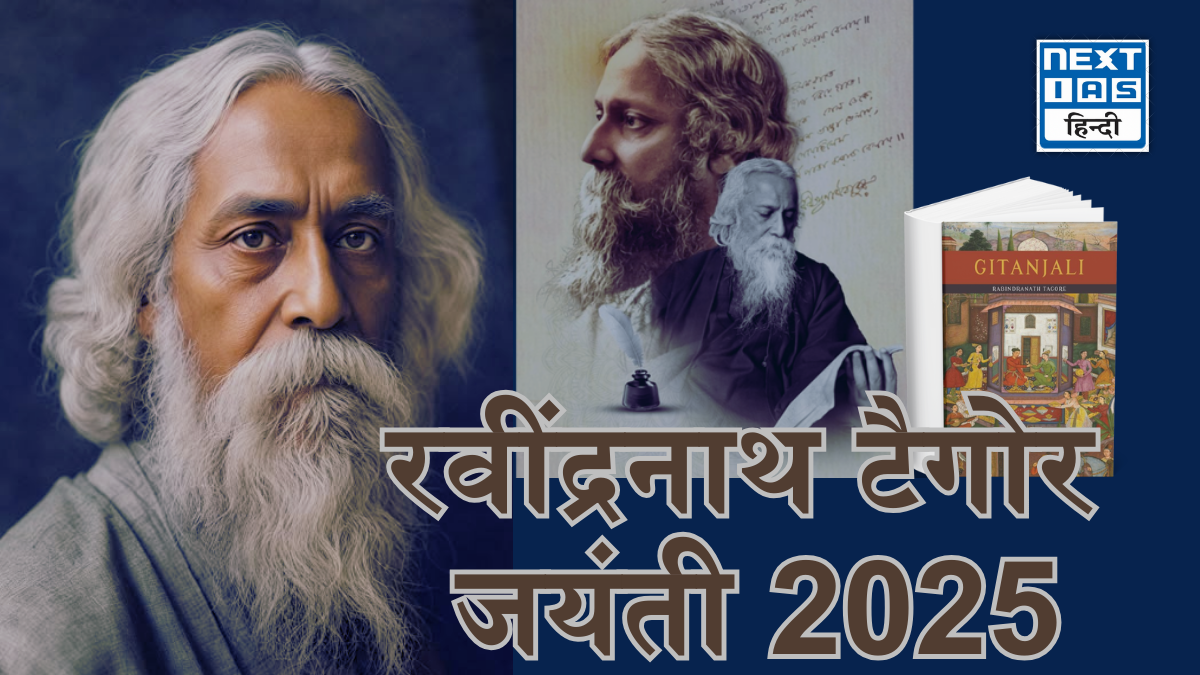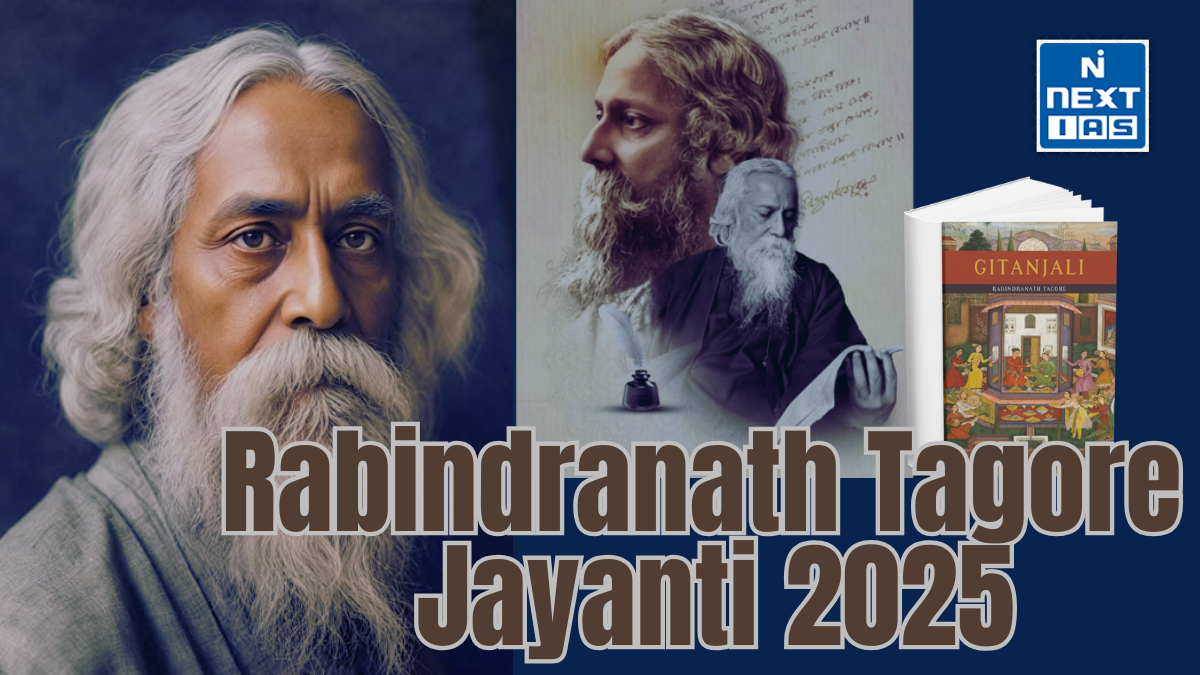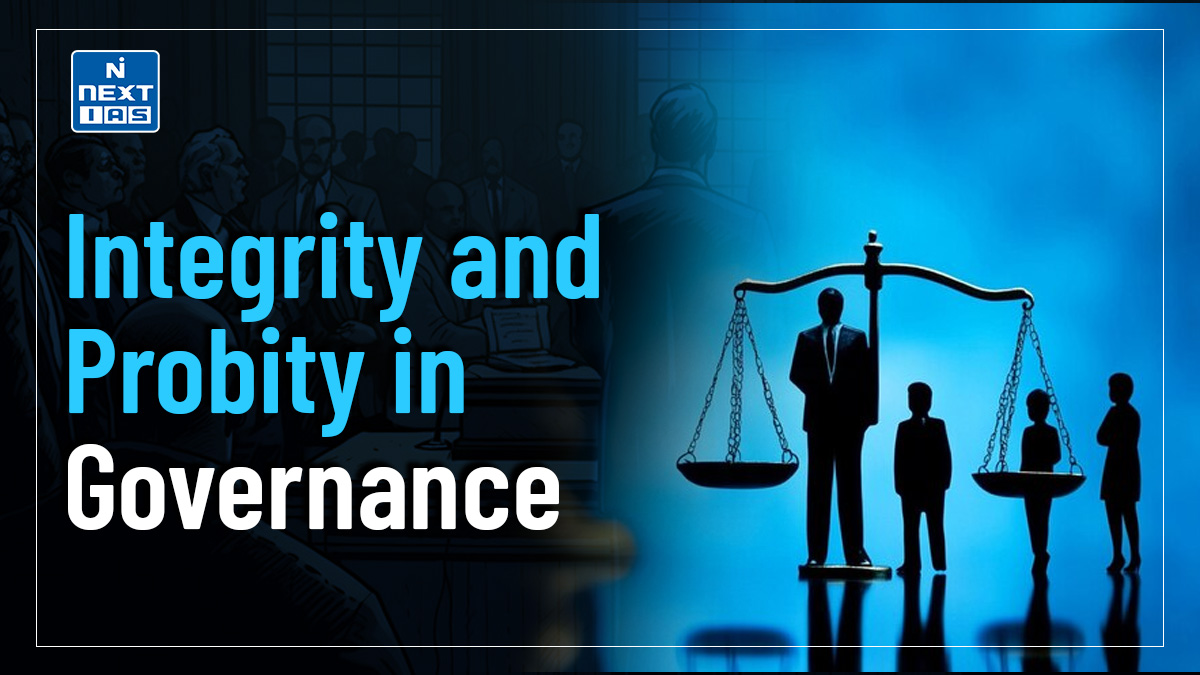
Atal Bihari Vajpayee was a statesman, poet, and the 11th Prime Minister of India, known for his inclusive leadership and commitment to democratic ideals. His visionary policies, including economic reforms and diplomatic initiatives, significantly shaped modern India’s trajectory. This article aims to study in detail the life, philosophy, and contributions of Atal Bihari Vajpayee, highlighting his enduring legacy in Indian politics.
About Atal Bihari Vajpayee
- Atal Bihari Vajpayee, born on December 25, 1924, in Gwalior, Madhya Pradesh, remains one of India’s most revered leaders.
- As the 11th Prime Minister of India, he carved a niche in Indian politics with his exceptional leadership, eloquence, and commitment to democratic ideals.
- Atal Bihari Vajpayee is remembered for his ability to transcend political divisions, literary prowess, and statesmanlike demeanour that endeared him to people across party lines.
Political Beginnings of Atal Bihari Vajpayee
- Vajpayee’s foray into politics began at a young age when he joined the Quit India Movement in 1942.
- He later became one of the founding members of the Bharatiya Jana Sangh (BJS) in 1951, marking the start of his illustrious political journey.
- His early electoral experiences were mixed; he contested the 1957 Lok Sabha elections from three constituencies—Mathura, Lucknow, and Balrampur—winning only from Balrampur.
- As one of the four BJS MPs in the 2nd Lok Sabha, Vajpayee quickly rose to prominence, becoming the party’s Parliamentary leader.
- He was elected to the Rajya Sabha in 1962 and returned to the Lok Sabha in 1967.
- His tenure as BJS President (1968-73) was instrumental in shaping the party’s ideological framework.
Vajpayee’s Role in Shaping Modern Indian Politics
- Vajpayee’s ability to adapt to the changing political landscape was evident when he became a founding member of the Janata Party in 1977, following the unification of anti-Congress forces during the Emergency.
- Contesting from New Delhi, he won the seat and served as External Affairs Minister in the Morarji Desai-led government.
- His tenure was marked by a pragmatic foreign policy approach, laying the groundwork for India’s diplomatic relations.
- In 1980, Vajpayee, along with other BJS leaders, established the Bharatiya Janata Party (BJP), becoming its first president.
- Despite initial setbacks, including his loss in the 1984 Lok Sabha elections, Vajpayee’s unwavering commitment to the party’s vision helped BJP grow into a formidable political force.
Prime Ministerial Stints of Vajpayee
Vajpayee holds the unique distinction of being sworn in as Prime Minister during the terms of three successive Lok Sabhas.
- 1996: He became India’s first BJP Prime Minister but served for only 13 days, resigning after failing to secure a majority.
- 1998-1999: Vajpayee headed a coalition government that lasted 13 months, during which India conducted the historic Pokhran-II nuclear tests, asserting its status as a nuclear power.
- 1999-2004: Leading the National Democratic Alliance (NDA), Vajpayee’s tenure was marked by transformative policies, including the National Highways Development Project and Pradhan Mantri Gram Sadak Yojana.
Key Achievements and Policies of Atal Bihari Vajpayee
- Economic Reforms: Vajpayee’s government initiated transformative projects like the Golden Quadrilateral, connecting India’s major cities through highways, revolutionizing connectivity and boosting economic activity.
- The Sarva Shiksha Abhiyan focused on universal education, aiming to bridge literacy gaps and empower the youth.
- Additionally, his government undertook initiatives to disinvest inefficient public sector units, spurring economic liberalization.
- Foreign Policy: Vajpayee’s diplomatic acumen was evident in his efforts to foster peace with Pakistan through the Delhi-Lahore Bus Service and the Agra Summit.
- Despite setbacks like the Kargil War, his emphasis on peace, encapsulated in the slogan “Insaniyat, Kashmiriyat, Jamhooriyat,” remains a cornerstone of India’s approach to Kashmir.
- His government also strengthened India’s ties with the US, laying the groundwork for the Indo-US Strategic Partnership.
- Nuclear Tests: The Pokhran-II nuclear tests under his leadership underscored India’s strategic autonomy, asserting its status as a responsible nuclear power.
- Despite facing international sanctions, Vajpayee’s government skillfully navigated the challenges, ensuring minimal economic fallout and paving the way for India’s entry into global non-proliferation dialogues.
- Digital India Vision: Vajpayee’s tenure also saw significant steps in advancing telecom and IT sectors, including policies that catalyzed the IT boom and improved connectivity, shaping India’s digital infrastructure.
- Coalition Governance: His ability to manage diverse political allies in the National Democratic Alliance (NDA) demonstrated his exceptional leadership in coalition politics, ensuring stability and effective governance amidst challenges.
Oratory and Literary Contributions of Atal Bihari Vajpayee
- Vajpayee was celebrated as a poet and orator. His speeches imbued with wit and wisdom, resonated with audiences across the nation.
- Nehru himself predicted that Vajpayee would become Prime Minister someday after witnessing his eloquence in the Lok Sabha.
- His literary works reflect his philosophical depth and his unwavering optimism for India’s future.
Philosophy of Atal Bihari Vajpayee
- The liberal worldview of Atal Bihari Vajpayee, coupled with his commitment to nationalism, exemplified his unique political philosophy.
- A champion of democratic values and social harmony, Vajpayee believed in inclusive politics, striving to bridge ideological divides for the greater good of the nation.
- His poetic sensibilities and belief in peaceful coexistence reflected in his foreign and domestic policies, emphasizing dialogue over confrontation.
- A recipient of numerous honors, including the Padma Vibhushan and Bharat Ratna, Vajpayee’s contributions to Indian politics are unparalleled, leaving a legacy of visionary leadership and integrity.
Legacy of Atal Bihari Vajpayee
- Vajpayee is often referred to as the “architect of coalition politics,” adeptly managing diverse allies within the National Democratic Alliance (NDA) and ensuring stability in a multi-party government.
- His tenure reflected his ability to balance ideological commitments with pragmatic governance, fostering consensus while maintaining policy coherence.
- His leadership was characterized by a pluralistic and inclusive approach, emphasizing dialogue and consensus-building.
- He famously upheld the ethos of “Raj Dharma,” advising Narendra Modi to adhere to it during the 2002 Gujarat riots, showcasing his moral and ethical stance even during politically sensitive times.
- Vajpayee’s statesmanship extended beyond domestic politics. His visionary outlook made him a champion of economic liberalisation and infrastructure development, earning him admiration across the political spectrum.
- Moreover, his exceptional oratory skills and poetic sensibility made him a charismatic and relatable leader, endearing him to both his supporters and critics alike.
- His governance was marked by a focus on nation-building, unity, and long-term vision, earning him the respect and legacy of a true statesman who put the nation above all else.
Conclusion
Atal Bihari Vajpayee’s life and career epitomize the essence of democratic leadership. A statesman, poet, and visionary, he not only shaped modern India but also inspired countless individuals with his integrity and compassion. His enduring legacy continues to guide India’s political discourse and development trajectory.
Good Governance Day
- Good Governance Day is celebrated in India on December 25th every year to honor the birth anniversary of Atal Bihari Vajpayee, one of the most respected leaders and the 11th Prime Minister of India.
- Established in 2014, this day is dedicated to promoting awareness of the principles of good governance, such as transparency, accountability, and inclusiveness, which Vajpayee exemplified during his tenure.
Initiatives Associated with Good Governance Day in India
- Workshops and Seminars: Various government departments organize events to discuss best practices in governance and policy implementation.
- Digital Initiatives: Emphasis is laid on the use of technology in governance, such as e-governance and digital India initiatives, to enhance service delivery.
- Citizen Engagement: Programs are launched to involve citizens in governance processes and make them aware of their rights and responsibilities.
Atal Bihari Vajpayee’s Role in Promoting Good Governance
- Vajpayee’s leadership focused on developmental governance, which is evident in landmark projects like the Pradhan Mantri Gram Sadak Yojana, Sarva Shiksha Abhiyan, and the Golden Quadrilateral.
- His commitment to coalition politics, ethical administration, and economic reforms embodied the essence of good governance.
Significance of Good Governance Day
- Good Governance Day in India serves as a reminder of the importance of ethical and efficient governance for achieving national development.
- Good Governance Day emphasises the role of governance in enhancing citizen-centric services, fostering economic growth, and ensuring social justice.
- The day also encourages public servants and political leaders to work towards sustainable development and uphold democratic values.
Frequently Asked Questions (FAQs)
Who is Atal Bihari Vajpayee?
Atal Bihari Vajpayee was a statesman, poet, and the 10th Prime Minister of India. Known for his visionary leadership, he served as Prime Minister during three terms and played a pivotal role in shaping India’s modern political and economic landscape.
How many times did Atal Bihari Vajpayee become Prime Minister of India?
Atal Bihari Vajpayee became Prime Minister of India three times: first in 1996 (for 13 days), second in 1998-1999 (for 13 months), and third from 1999 to 2004 (a full term).
When did Atal Bihari Vajpayee die?
Atal Bihari Vajpayee passed away on August 16, 2018, at the age of 93, in New Delhi, India.
When was Atal Bihari Vajpayee born?
Atal Bihari Vajpayee was born on December 25, 1924, in Gwalior, Madhya Pradesh.
When did Atal Bihari Vajpayee become Prime Minister for the first time?
Atal Bihari Vajpayee first became Prime Minister on May 16, 1996, but his government lasted only 13 days as he could not secure a majority in the Lok Sabha.
Which day is celebrated in honor of Atal Bihari Vajpayee?
Good Governance Day is celebrated annually on December 25th, coinciding with Atal Bihari Vajpayee’s birth anniversary, to honor his contributions to governance and development in India.






